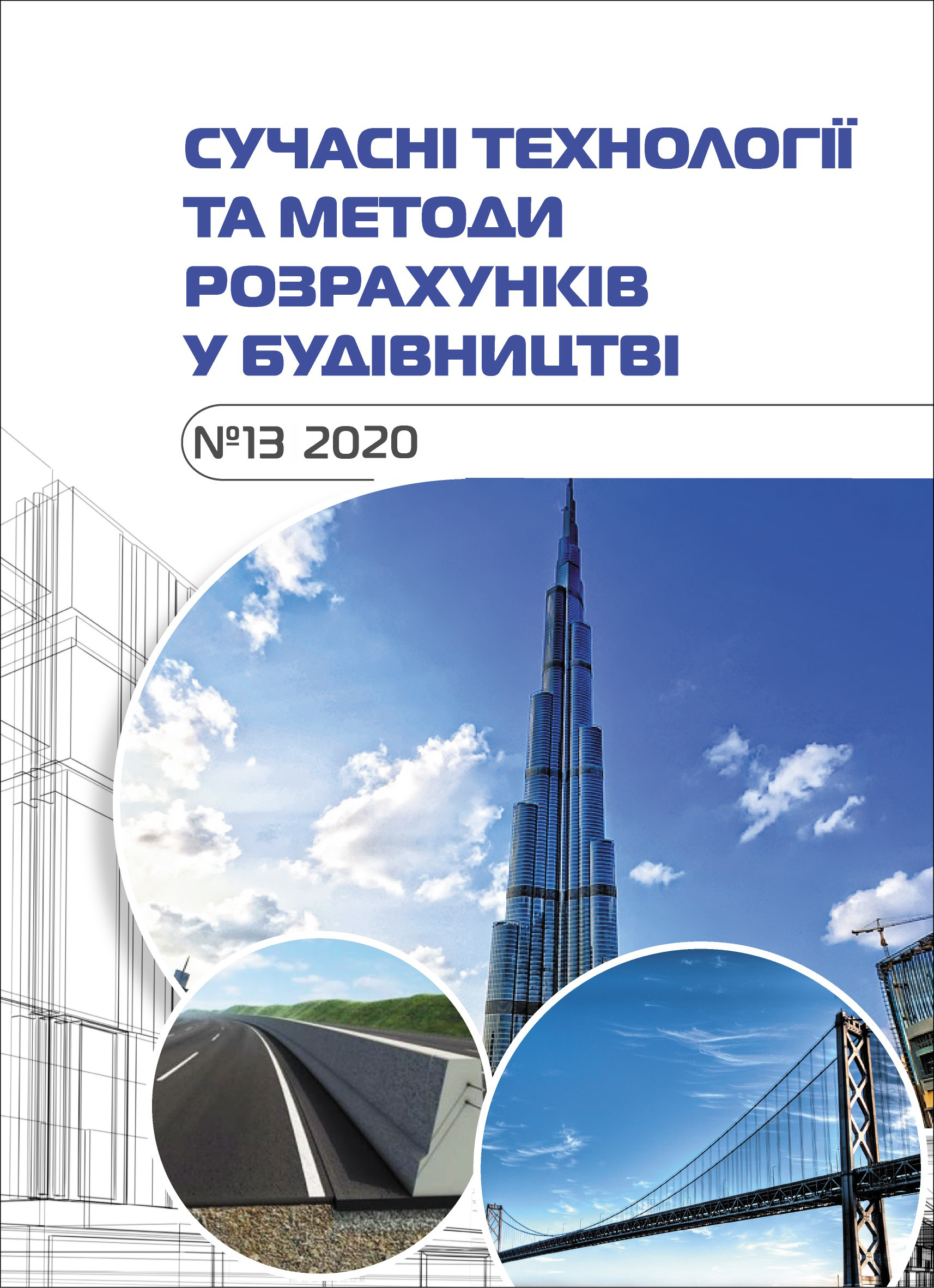Effect of poliplast sp-3 additive on the strength of heavy concrete
Abstract
The compressive strength of heavy concrete, as its main mechanical characteristic, is influenced by many factors. It is possible to determine the degree of influence of certain factors using the system analysis with performance of mathematical modeling and getting of the regression equation.
In this article uses the Box-Behnken design, which is often exploited in the study of concrete technology. The purpose of the mathematical method of experiment planning was to determine a mathematical model of this research with a record of the function that will be decisive for the result of the research, based on certain initial conditions. A three-factor experiment was planned, where individual factors did not correlate with each other, and the optimization parameter was the compressive strength of heavy concrete. The effect of Poliplast SP-3 additive, which was added in the amount of 0.5%, 1.0% or 1.5% of cement consumption, was experimentally investigated. At the same time, the influence of two more factors was studied: the water-cement ratio (0.42, 0.43 and 0.44) and the temperature of concrete hardening (keeping the experimental samples of concrete in the steaming chamber for 5 hours, keeping other samples within 10 hours, as well as curing of concrete samples under normal conditions without heat treatment).
Based on the experiments, the coefficients of the regression equation were determined statistically. When tested, they showed satisfactory reproducibility of the obtained experimental data - the Cochran’s test was G = 0.125, which is less than the tabular value of 0.296. The adequacy of the equation is confirmed by Fisher сriterion F = 2.13, which is less than the tabular F (0.05; fad; fy) = 2.23.
According to the obtained regression equation were modelled the response surfaces, which demonstrate the dependence of the compressive strength of heavy concrete on the content of additive, water-cement ratio, temperature of concrete hardening.








